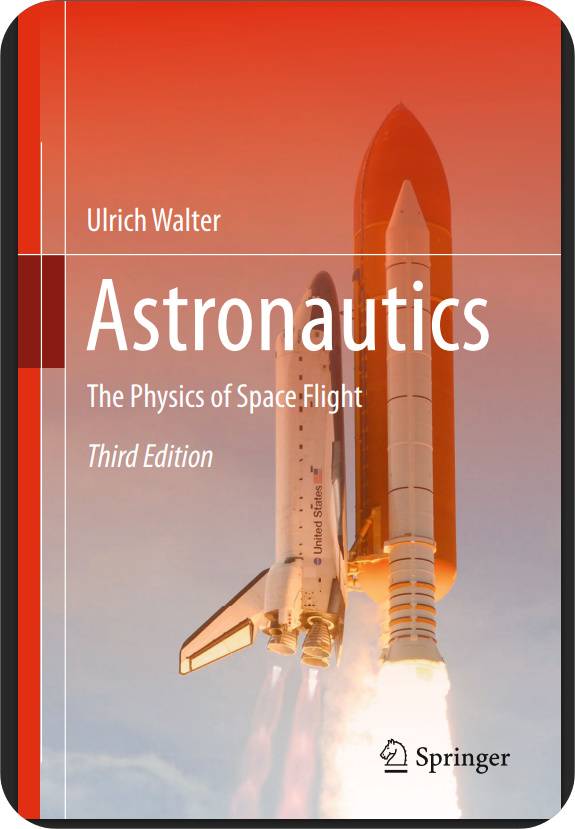The Fifth Mountain by Paulo Coelho resounds the theme of The Alchemist (from the same author), which is, universe conspiring in achieving ones destiny although the presentation is different in the book under consideration. In here, the author takes inspiration from the biblical Books of Kings.
The plot revolves around Prophet Elijah who was born in the northern region of Israel around 9th century BC. At certain juncture, Prophet Elijah has also been referred in the Talmud, Mishnah, the New Testament and the Qur’an.
At the age of 23, Elijah escapes the political turmoil that was going on in Israel, which was against all Prophets of the kingdom. First place that Elijah visits during his escape expedition is the bank of river Cherith and from there he goes to the land of Zarephath or Akbar. There he encounters numerous hurdles as being tagged an outsider but eventually he is accepted by the society.
It is in Akbar that he spends major portion of his life and undergoes the years of transformation. He meets a widow and her son from whom he learns to love, an emotion that later on gives him strength to cope up with tremendous loss and fanatical forces. It is also said that in Akbar, he prepares favorable conditions for the Messiah’s coming and after fulfilling his destiny in worldly life, he leaves for heaven. As per the scriptures, his task was to restore the worship of Lord in Israel since the king had married a Phoenician princess, Jezebel, whose aim was to establish her pagan god Baal instead.
The book is a masterpiece written in the most simplistic style and culminating at a powerful message that talks about the moving account of a man who passes through numerous frustrations and hurdles that shatters his soul completely yet he wins the trail of faith on the face of it.
Overall, the book is an easy and light read, woven into a fable-type tale. Paulo Coelho is indeed a storyteller with a strong sense of form and function, which he never misses in any of his writings.




